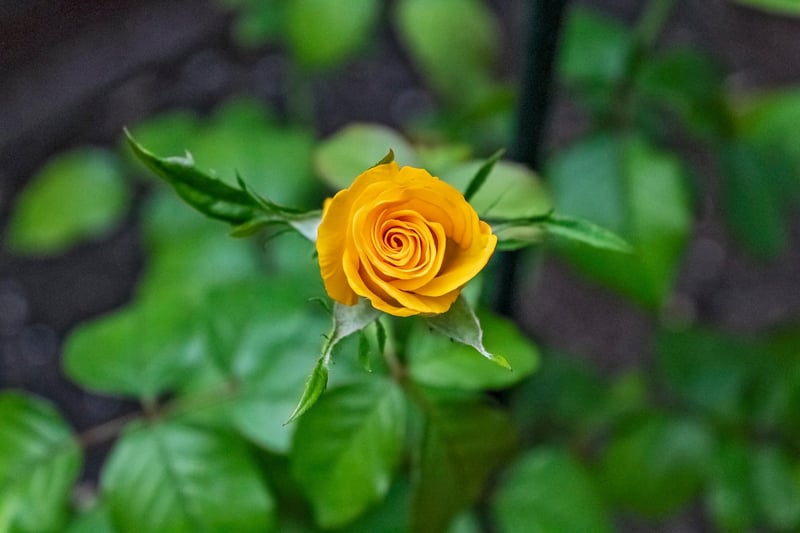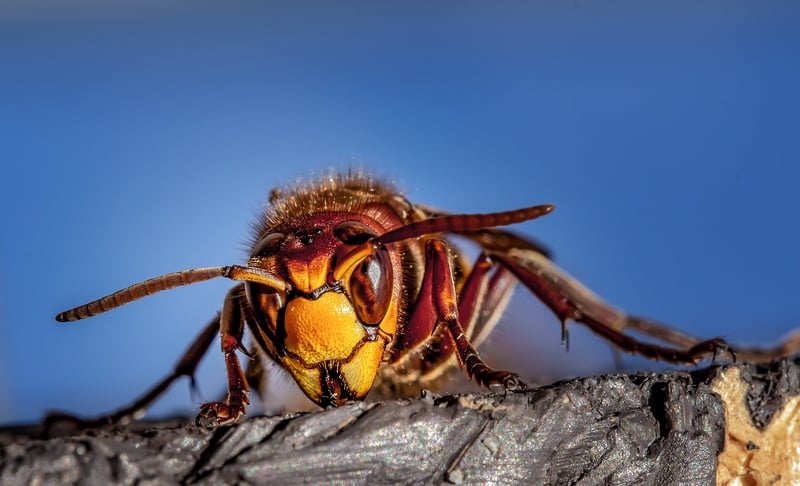Pest control methods
Ensuring Healthy Growth of Your Plants: Effective Pest Control Methods
Having a thriving garden or indoor plants can bring immense joy and satisfaction. However, pests can quickly turn your green oasis into a battleground. To ensure the healthy growth of your plants, it's crucial to implement effective pest control methods. Here are some tips to help you combat pests and promote a flourishing garden:
1. Identify the Pests
Before you can effectively control pests, you need to identify them. Look for signs of damage such as holes in leaves, chewed stems, or sticky residue. Different pests require different control methods, so accurate identification is key.
2. Natural Predators
Encourage natural predators like ladybugs, lacewings, and birds in your garden. These beneficial insects and animals feed on pests, helping to keep their populations in check naturally.
3. Neem Oil
Neem oil is a natural insecticide that can effectively control a wide range of pests such as aphids, mealybugs, and spider mites. It disrupts the pests' hormonal balance and acts as a repellent.
4. Diatomaceous Earth
Diatomaceous earth is a natural, abrasive substance that can be sprinkled around plants to control pests like slugs, snails, and insects. It works by dehydrating the pests and causing them to perish.
5. Cultural Practices
Implementing good cultural practices like proper watering, adequate spacing between plants, and regular pruning can help improve plant health and reduce pest infestations.
6. Companion Planting
Planting certain species together can help deter pests. For example, marigolds can repel nematodes, while basil can deter mosquitoes and flies. Research companion planting combinations for a pest-resistant garden.
7. Homemade Remedies
You can create homemade pest control solutions using ingredients like garlic, chili peppers, and soap. These natural remedies can be effective against pests while being safe for your plants and the environment.
8. Regular Monitoring
Make it a habit to regularly inspect your plants for signs of pests. Early detection allows for prompt action, preventing small pest issues from turning into major infestations.

By implementing these pest control methods and strategies, you can ensure the healthy growth of your plants and enjoy a beautiful, pest-free garden. Remember, a little vigilance and proactive care go a long way in keeping your plants thriving.
Keep your garden lush and vibrant by staying one step ahead of pests!
